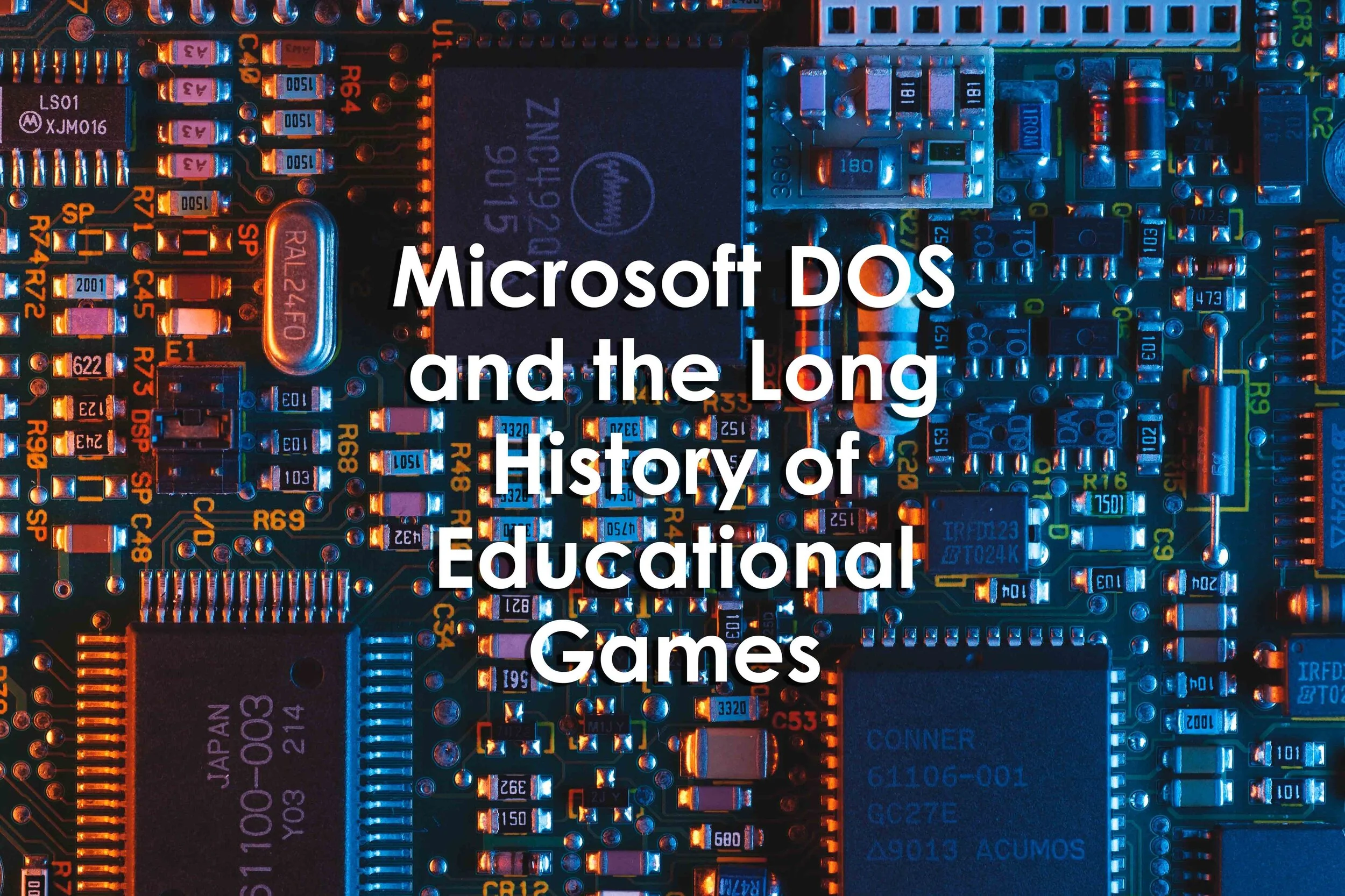Microsoft DOS and the Long History of Educational Games
Microsoft DOS and the Long History of Educational Games
Microsoft DOS and the Long History of Educational Games
By Ernie Smith
April 28, 2020
Summary
From The Oregon Trail to Minecraft, educational games have been a part of the curriculum for more than four decades.
There were lots of them, and for many Gen Xers and Millennials, early educational games defined the vintage computing experience.
The firm developed numerous educational games during its quarter century of existence including the math-driven early classics Lemonade Stand and Number Munchers.
Another early developer of educational software, Davidson & Associates, was responsible for the long-running Math Blaster series and a number of licensed games based on Fisher-Price toys.
Educational games weren't limited to software; the Logo programming language, an early attempt to teach programming skills to children, used a turtle robot that could draw objects based on what was programmed on the screen.
While educational software was having a major impact on the computer industry, it was a while before Microsoft's MS-DOS came to dominate the educational games market.
Multimedia opened the door to key educational tools such as CD-ROM encyclopedias, but it also allowed for increasingly sophisticated games.
A 2017 study by Vanderbilt University commissioned by the educational games platform Legends of Learning found that students boosted their test scores by more than half a letter grade when games were used in classrooms over a three-week period.
Despite hiccups - including the ill-fated sale of The Learning Company to Mattel in the late 1990s - educational games have largely remained common and popular into the present day.
Games like Minecraft and Roblox allow for sophisticated, well-integrated educational opportunities that don't look like glorified drill sheets, something Math Blaster has been accused of.
Reference
Smith, E. (2020, April 28). Microsoft DOS and the Long History of Educational Games. Retrieved April 29, 2020, from https://edtechmagazine.com/k12/article/2020/04/microsoft-dos-and-long-history-educational-games


